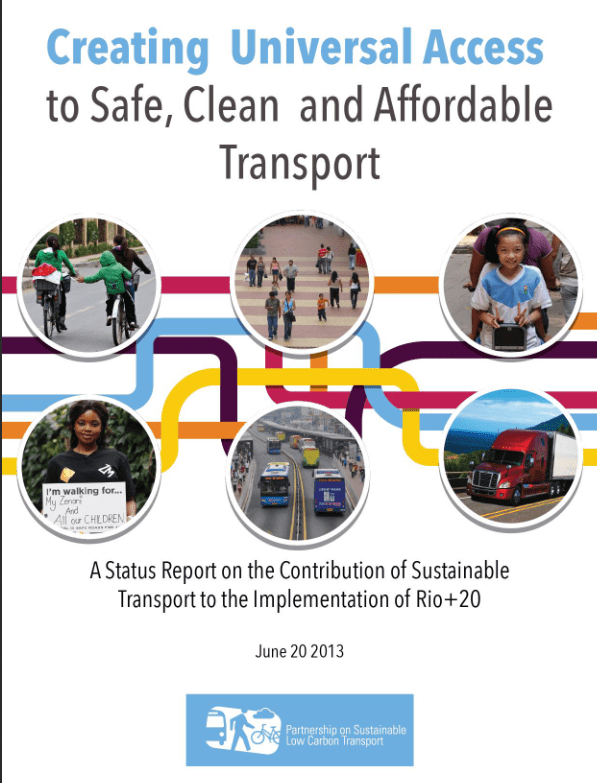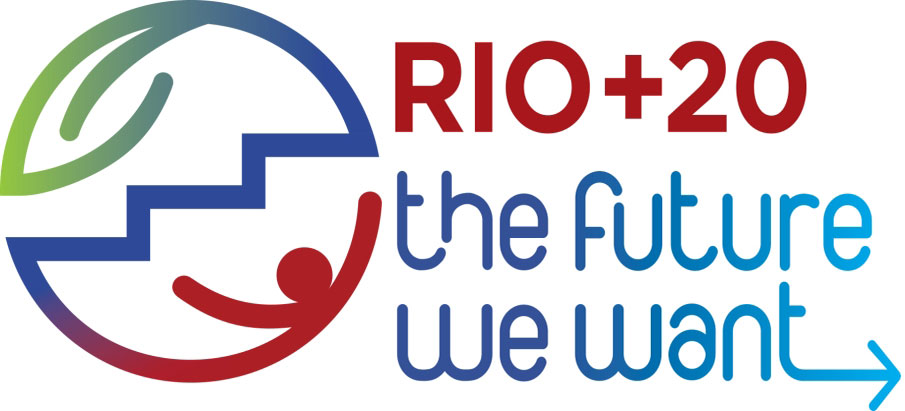Rio+20 Voluntary Commitments on Sustainable Transport
Rio+20 Voluntary Commitments on Sustainable Transport
At the Rio+20 conference in Rio de Janeiro, Brazil, the SLoCaT Partnership facilitated the submission of 17 Voluntary Commitments on Sustainable Transport.
“We welcome the commitments voluntarily entered into at the United Nations Conference on Sustainable Development and throughout 2012 by all stakeholders and their networks to implement concrete policies, plans, programmes, projects and actions to promote sustainable development and poverty eradication”.
— The Future We Want, outcome document of Rio+20
Six additional Voluntary Commitments were made in June 2013 on the first anniversary of Rio+20.
The Voluntary Commitments entered into at Rio+20 were a game changer and have galvanized a large range of interests into action on sustainable development, including the sustainable transport community. This included the unprecedented, and largest at Rio+20, ten-year Voluntary Commitment of $ 175 billion for transport in developing countries, made by eight of the world’s largest multilateral development banks. These investments will help to develop more sustainable transport systems. Other commitments made by the sustainable transport community focused on knowledge development, capacity building, and policy facilitation and development.
 Creating Universal Access to Safe, Clean and Affordable Transport
Creating Universal Access to Safe, Clean and Affordable Transport
June 2013
The report outlines key challenges and opportunities on sustainable transport; reviews the implementation of the Voluntary Commitments in their first year; presents a number of additional Voluntary Commitments with a focus on measuring; and defines transport sector’s role in the post-2015 development framework.
Implementation of the Rio+20 Voluntary Commitments on Sustainable Transport is on track. Severalof the organizations implementing the Voluntary Commitments have made use of the past year to prepare for the full implementation of their commitment.They have done so through further knowledge activities, capacity building, development of new partnerships and piloting of new activities and also the scaling up of tested approaches.
